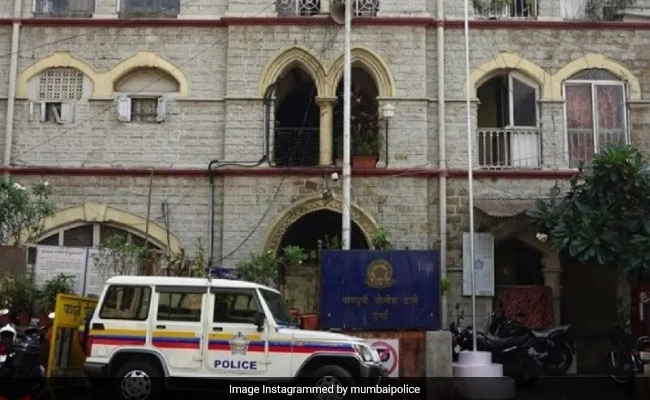At the recent BRICS Summit, Indian External Affairs Minister S. Jaishankar emphasized the critical need for a fair and transparent global trade system. He argued that such a framework is essential for fostering equitable economic growth and ensuring that all nations, regardless of their size or economic power, can participate meaningfully in the global marketplace. Jaishankar’s remarks come at a time when the world is grappling with various trade tensions and protectionist policies that threaten to undermine international cooperation and economic stability.
Jaishankar highlighted the importance of inclusivity in trade practices, pointing out that a fair system would not only benefit developing nations but would also enhance the resilience of the global economy. He underscored that transparent trade mechanisms can help build trust among nations, which is crucial for collaborative efforts in addressing pressing global challenges such as climate change, public health crises, and poverty alleviation. The minister’s call for reform in global trade practices reflects a growing recognition of the interconnectedness of economies and the need for a cooperative approach to ensure sustainable development.
Furthermore, Jaishankar’s statements resonated with the ongoing discussions among BRICS nations—Brazil, Russia, India, China, and South Africa—about creating a more balanced and just international economic order. The bloc has been advocating for reforms in global institutions to ensure that they better reflect the interests and concerns of emerging economies. By promoting a fair trade system, the BRICS nations aim not only to enhance their own economic prospects but also to contribute to a more stable and prosperous world. Jaishankar’s message serves as a reminder that achieving a more equitable trade landscape is a shared responsibility that requires concerted efforts from all nations.




